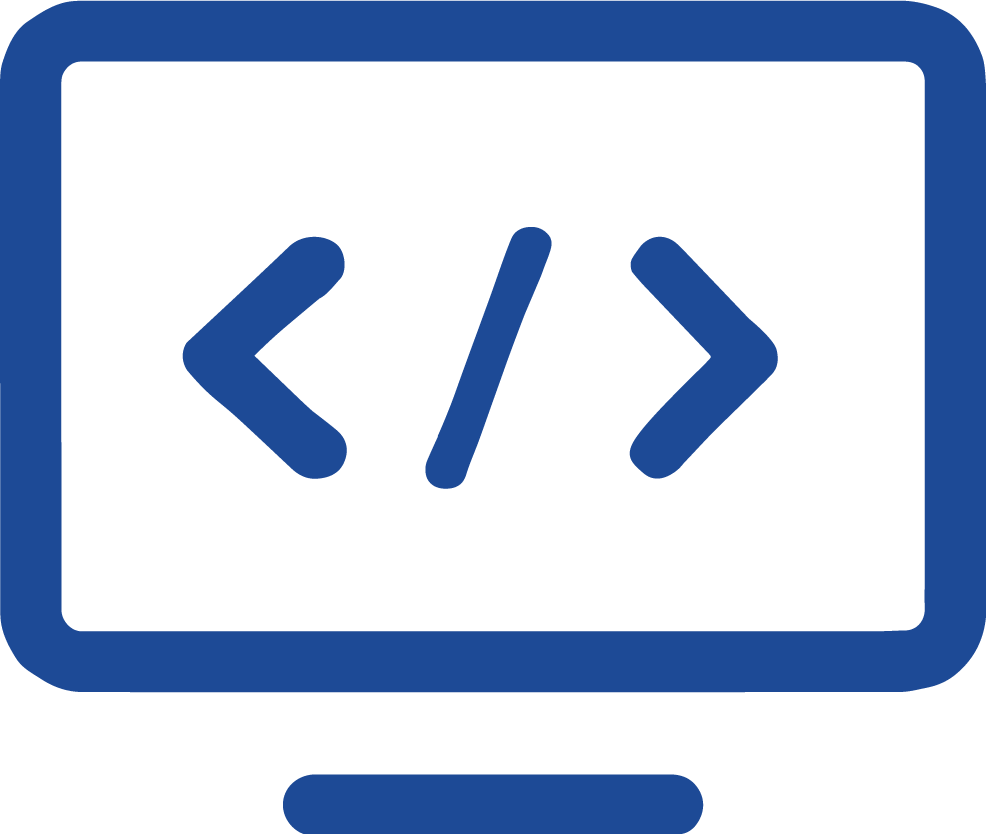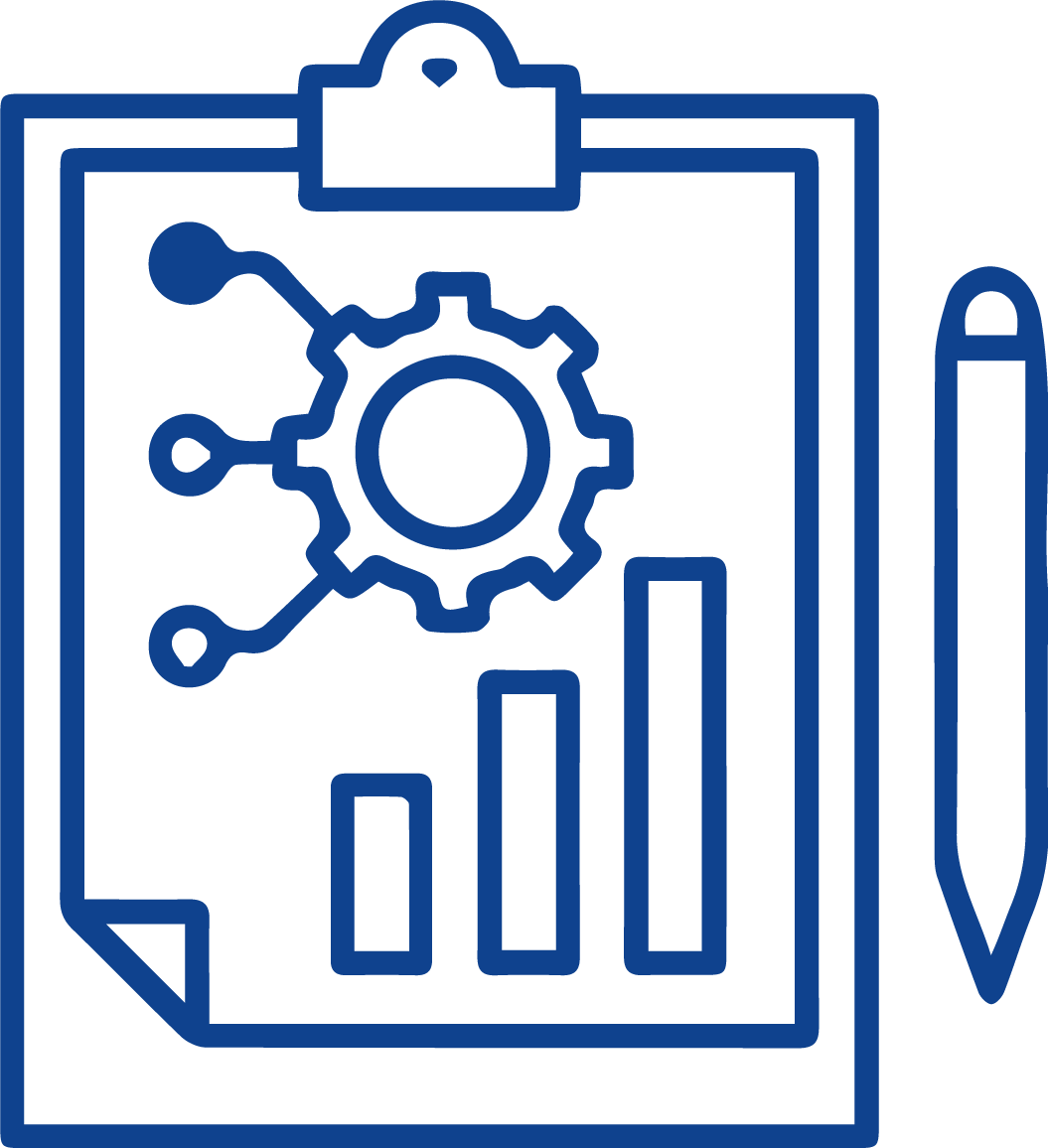Use case
Artelys Knitro is used by researchears to control connected vehicles in intersections.
Coordinating traffic at urban intersections is crucial in traffic control systems, and the advent of connected vehicles enables to consider more flexible paths and potentially improve efficiency.
The authors of this paper consider the area of a signal-free intersection as a bounded free space, where connected vehicles under automated driving (CVAD) are allowed to take free paths under the condition that the trajectories do not collide.
The authors’ model is as an extension of a nonlinear model predictive contouring control (NMPCC) which has the goal of both generating collision-free trajectories for the vehicles and optimizing the progress of the vehicles along their trajectories. The model involves constraints to avoid collisions and violations of intersection boundaries.
The model results in a Nonlinear Program (NLP). Artelys Knitro with the multistart option is exploited to solve it. Results show that this model allows shorter travel time with respect to a conventional approach, due to improved space utilization. The performance of the solution shows that even a real-time operation is feasible in the studied scenario.
Start with a tutorial!
You’re not familiar with nonlinear optimization? This tutorial will present some examples of nonlinear problems for various applications. You will discover nonlinear programming methods using the Artelys Knitro solver in a Python notebook, through different examples.
Free trial
Get your trial license to test Artelys Knitro’s performances on your own mathematical optimization problem. The trial package includes free support and maintenance. You can have access to Artelys Knitro for free with a 1-month unlimited version or a 6-month limited version.
Artelys Knitro has unmatched performance

Best Nonlinear
Solver
Artelys Knitro has been ranked every year by public benchmarks consistently showing Artelys Knitro finds both feasible and proven optimal solutions faster than competing solvers.

Technical support
The Artelys technical support team comprises Artelys’consultants (PhD-level) who are used to solving the most difficult problems and deploying enterprise-wide optimization solutions. They can advise on algorithmic or software features that may result in enhanced performance in your usage of Artelys Knitro.

Updates and new features
The development team works continuously to provide two releases of Artelys Knitro every year. Based on feedback, we always improve our solver to meet users’ requirements and need to solve larger models faster.
© ARTELYS document.write(new Date().getFullYear()); • All rights reserved • Legal mentions